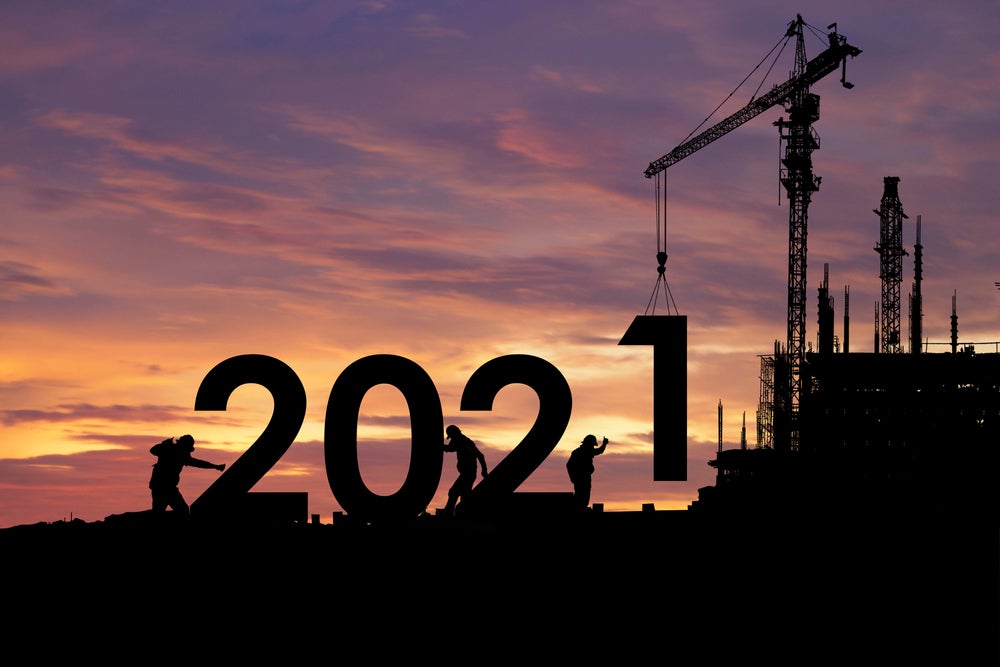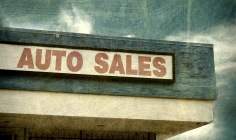Shifting buyer habits in the motorcycle sector may present financers in the market with an opportunity to do more deals. Richard Brown talks to Paul Harrison of the FLA and Cole Demetriades of Barclaycard, two men with particular insight in to selling bikes and finance.
The new bike market has been fairly flat in 2012. The distractions of the Jubilee and Olympics, combined with the wet summer weather, have seen all leading brands except Honda and Piaggio drop sales.
The higher proportion of sales in 2012 taken up by motorcycles over 650cc, however, has pushed the average price of a new bike in the UK to approximately £6,300, similar to the average for used or smaller cars, despite smaller bikes (under 125cc) now taking up more than a third of sales.
The Finance & Leasing Association may not cover motorcycle finance but Paul Harrison, the Associations head of motor finance, is a passionate biker and says finance companies in the motorcycle market understand bikes dont necessarily mean smaller balances and finance products have caught up with the car market.
"Undoubtedly," he says. "Thats evident, particularly with BMW and Close pushing PCP," and Honda extending 0% APR on a selection of models when bought on PCP.
Bike customers, therefore, "are expecting the same products as theyve experienced when buying a car from a dealership.
How well do you really know your competitors?
Access the most comprehensive Company Profiles on the market, powered by GlobalData. Save hours of research. Gain competitive edge.

Thank you!
Your download email will arrive shortly
Not ready to buy yet? Download a free sample
We are confident about the unique quality of our Company Profiles. However, we want you to make the most beneficial decision for your business, so we offer a free sample that you can download by submitting the below form
By GlobalData"Manufacturers have recognised that high performance doesnt need to be restricted to sports bikes and so theres been a big increase in the range of powerful tourers and naked-style bikes on the market which provide almost the same performance as sports bikes but with greater comfort and at a lower price.
"When you consider that an average-value new bike is the same cost as a city car, why should the approach be any different to cars?
"Its all about customer retention. By rolling out PCP deals, dealers and lenders guarantee themselves an on-going dialogue with customers"
Cole Demetriades, major account manager at Barclaycard and a former account manager for motorcycle dealers with Close Motor Finance, doesnt disagree but observes finance companies are still reluctant to lend on bikes.
"There doesnt seem to be the appetite for many finance houses to jump in to the motorcycle market," and they could be missing out on profit margin.
"They can be very profitable lends," says Demetriades, who offers the example of a £1,000 loan on a used motorbike for which a finance house could charge up to £300-worth of fees.
"That represents a really good profit margin, not only do you get interest on the deal, youre getting £150 of the fees up front and £150 in 12 months. It is guaranteed money, it is priceless income really.
"You need to target on margin, I think quite a lot of finance companies do that now. Its always a lot more profitable in terms of margin to lend £1,000 on a bike than to lend £50,000 on a Porsche."
Likewise, Harrison believes used bikes, with high-quality stock from PCP, is an area of increasing attraction to riders.
"Bikes are such good value second-hand," he says. "For £4,000 or £5,000 you can have any bike you want," which appeals to the "fairly savvy bunch" of motorcycle buyers.
Although the increasing number of smaller bikes and scooters taking up much more of the bike parc in 2012 would suggest less opportunity to lend, both Harrison and Demetriades believe such models and riders may present lenders with the chance to introduce motorcyclists to finance.
"Its more about the individual mindset," says Harrison.
"Scooters have a lower price point which means that its often down to the buyers own preference as finance isnt essential to fund the purchase."
Therefore, adds Harrison, buyers could be swayed by the growing amount of incentivised deals on smaller bikes.
Yamaha, for example, has extended its 0% APR representative offers on straight finance, run through Black Horse.
Specifically, the retail price and residual values did not warrant PCP, according to the manufacturer, yet straight finance offered the best route to assisting customers purchase their first motorcycle.
"If it wasnt a necessity, we wouldnt do it," a company spokesperson said during the July launch. "The 125cc and scooter sector of the market is made up of new riders, people switching from cars, starting from scratch."
Demetriades explains the thinking: "Youre getting a younger rider who hasnt had a finance deal before. Typically, this kind of customer would try to buy his first car for £8,000 or £9,000 and would get declined from a mainstream lender.
"They need to borrow the money and you dont need to necessarily fall over yourself offering the customer a superb deal.
"If theyre buying a £2,000 bike, its a lot more affordable, the payments are £50 a month; it ties in with their earnings."
And this has particular appeal for brands and their captives.
"Obviously, once a customer has built up a record of paying back an amount of money a month, it looks a lot better on their Experian records. It makes it a lot easier in future if they want to buy a bigger bike or a car."
richard.brown@vrlfinancialnews.com






